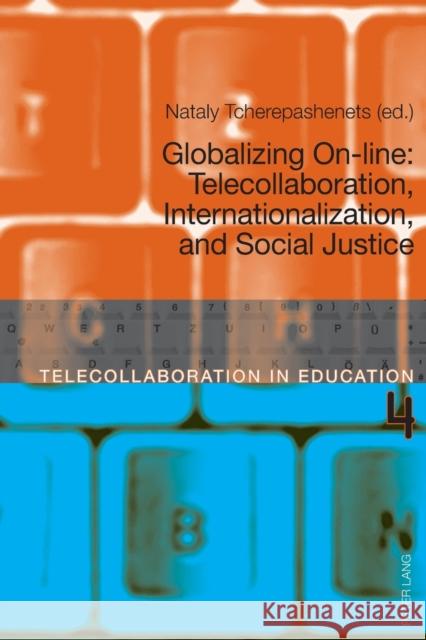Globalizing On-Line: Telecollaboration, Internationalization, and Social Justice » książka
Globalizing On-Line: Telecollaboration, Internationalization, and Social Justice
ISBN-13: 9783034315203 / Niemiecki / Miękka / 2015 / 264 str.
Internationalization plays an important role in shaping the philosophy and practice of higher education, and it is arguably one of the most durable University achievements. Offering creative ways to achieve a shift from isolation to communication between people of different economic, cultural and ethnic backgrounds, telecollaboration exemplifies challenges and rewards of internationalization in the epoch of e-learning. In our interconnected world the tasks of both bringing the equality of opportunities and promoting intercultural dialogue continue to be priorities for education, whose major objective and obligation is an expansion of the freedoms of human beings. In the era of globalization, its fulfillment more than ever depends on making it possible for people of different backgrounds to participate in intercultural dialogue on equal terms. Intercultural collaborations in virtual environments offer unique opportunities for the realization of this goal. This book explores both a contribution of telecollaboration to the democratic education, solidarity and social justice in the globalized world as well as the complexities and challenges that arise from attempts to align international collaborations and social justice.











